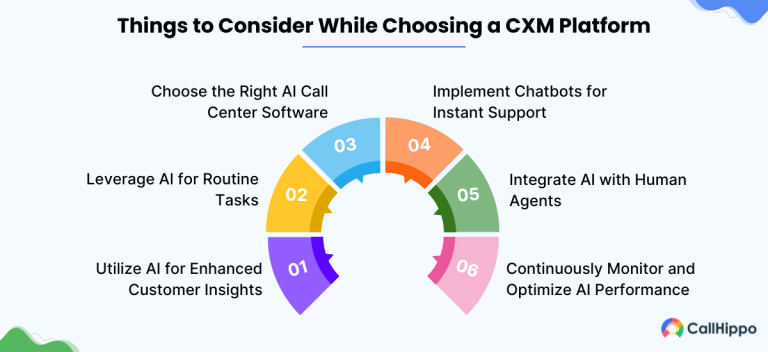
Microsoft’s acquisition of Activision Blizzard, the largest in video game history, has been granted approval by European Union regulators, just weeks after the acquisition faced opposition from the UK’s Competition and Markets Authority (CMA). The European Commission’s investigation into the deal determined that Microsoft had “no incentive” to refuse the distribution of Activision’s games to Sony, its rival in the console space, and even if it did decide to do so, it “would not significantly harm competition in the consoles market.”
However, the Commission did suggest that Microsoft could impede competition in the “distribution of games via cloud game streaming services” and that its position in the PC operating system market would be strengthened. To address these concerns, Microsoft committed to a ten-year agreement, which includes providing a free license to consumers in the EEA for streaming Activision Blizzard PC and console games via any cloud game streaming services of their choice, and a corresponding free license for cloud game streaming service providers to enable EEA-based gamers to stream any Activision Blizzard’s PC and console games.
According to Margrethe Vestager, Executive Vice-President in charge of competition policy, these commitments do not only fully address the competition concerns, but also represent a significant improvement for cloud game streaming compared to the current situation. “Our decision represents an important step in this direction, by bringing Activicon Blizzard’s popular games to many more devices and consumers than before, thanks to cloud game streaming,” said Vestager.
Despite the positive response from European regulators, the UK’s CMA remains steadfast in its opposition to the deal. Last month, it implied that the combined force of Microsoft and Activision Blizzard could dominate and limit competition within the growing cloud gaming market. The CMA tweeted a response to the Commission’s decision, saying that Microsoft’s proposals would allow the company to set the terms and conditions for the market for the next 10 years, thus replacing a free, open, and competitive market with one subject to ongoing regulation.
The deal has also been met with resistance from US regulators, with the Federal Trade Commission stating its intention to block the acquisition, citing concerns that it would enable Microsoft to suppress competitors to its Xbox gaming consoles and rapidly expanding subscription content and cloud-gaming business. A hearing scheduled for August will reveal the final US regulatory position.
Should regulators in different countries reach opposing conclusions, it is unclear what the next steps will be. It is likely that there will be numerous appeals, legal maneuvering, and public statements from both sides as countries around the world make their decisions.




